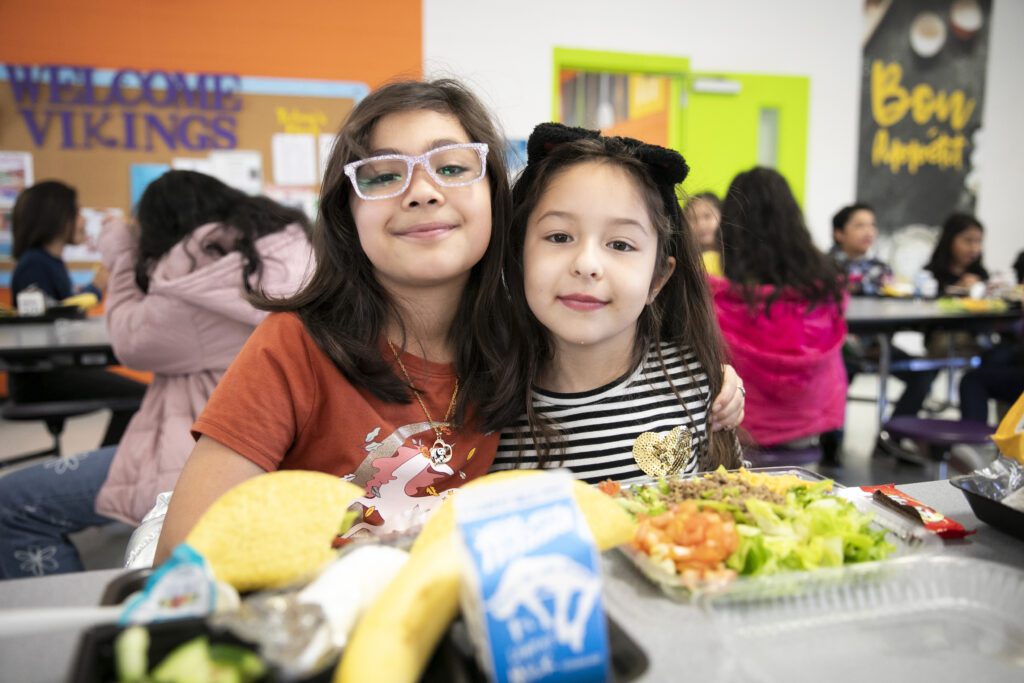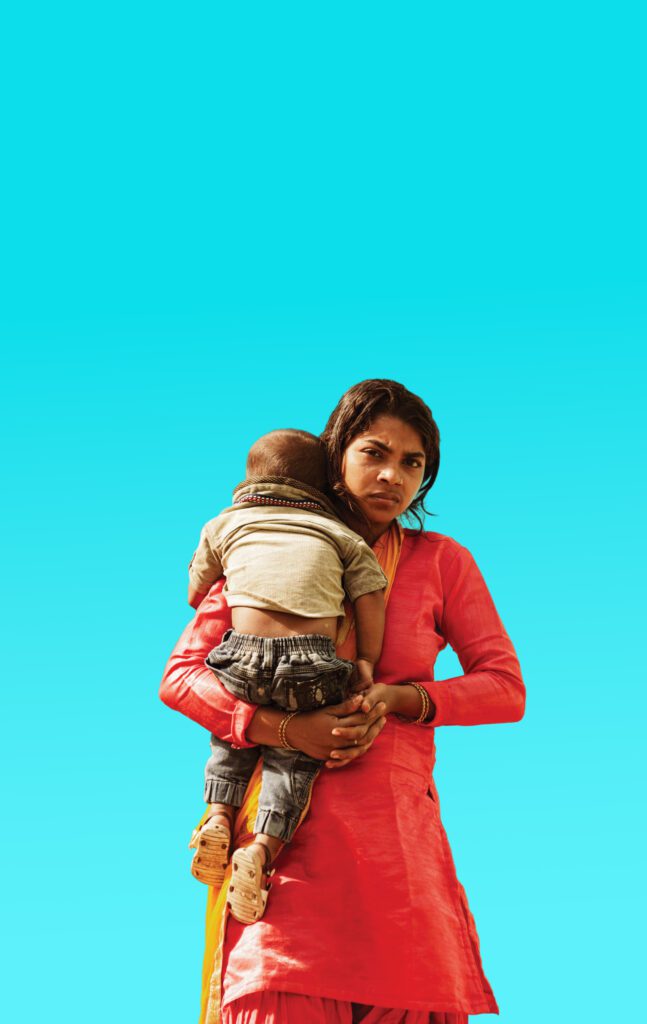
One advantage of spending part of the summer in Maine is that you not only learn but actually live the interconnectedness of all parts of the ecosystem. A storm in Cape Cod, more than 100 miles to the south, leaves huge deposits of seaweed in front of our Goose Rocks Beach home and sometimes reshapes the beach entirely. The seaweed attracts flies, shorebirds, and an entire new population of creatures to our doorstep. When one of those species becomes endangered, such as the piping plovers and least terns, the entire ecosystem is put at risk. The menu on the local restaurant chalk board depends on what the fisherman down the street caught that day, and that depends on weather, wind, tides and the health of the marshes.
Accustomed to the notion that our environment is fragile and interconnected this way, we are careful about even the smallest environmental impacts. But we sometimes seem less conscious that our political ecosystem is just as sensitive and interdependent. Though the immediate consequences may not be as readily visible, they are just as real. A change in committee chairs can shift the entire legislative agenda of the House or Senate. One agri-business lobbyist can revise “offsets” in the child nutrition reauthorization and affect future levels of SNAP funding for children across the country, and for some not yet born. Ideas matter. So do elections, even in states far from where we live. So does the ability to organize, advocate and persuade. And to engage average citizens in campaigns like No Kid Hungry. At Share Our Strength we will need to deploy every asset and skill we have these next few months and in a way that integrates all into one strategic whole.


